Fundamental Attribution Error and Impact
Updated Sep 20, 2023. Tips to lessen our use of FSE.
Let me start with a formal description of the quirk of human thinking.
The fundamental attribution error (FAE), also known as correspondence bias or attribution effect, is the tendency for people to under-emphasize situational explanations for an individual’s observed behavior while over-emphasizing dispositional and personality-based explanations for their behavior.
That’s clear as mud. What does it really mean? Let me speak without nuance.

The Fundamental Attribution Error explains we tend to assume—when we do something bad, it’s because of the circumstances, whereas if another does something bad, it’s because they are bad. That’s the fundamental attribution error in action.
We don’t always make the fundamental attribution error, but our tendency to make it is as natural as being human. When we are rushed, it’s quicker than finding out the circumstances the other person had to deal with. This tendency is built in the way we evaluate situations. Things look different for ourselves because we know the circumstances that can lead us to poor choices while for others we know nothing of their daily circumstances, so we assume they made their choice because of their personality.
You can lessen the frequency of using fundamental attribution error by remembering times you were in similar situation or imagine what conditions that person may have to deal with.
Others?
If a member of our family does something bad, we often enclose them in our personal range and think it’s sad that circumstances conspired to force a bad decision. While if an unknown person does something bad, we usually consider them as an “other.” Situational explanations rarely occur to us about others. They are bad.
Everyone has their own personal range dividing insiders—judged leniently and outsiders—judged harshly.
How might this affect important social issues?
The American Dream
If you work hard and follow the rules, the American Dream says you will succeed. Everyone believes or wants to believe this. We believe the American Dream holds for others as well as ourselves.
However, in recent decades, many high school graduates have lost their middle-class jobs or never found good jobs in the first place. Are the unemployed and underemployed failures or has the American Dream failed?

The way you define others plays a large role in how you view the question. If the unemployed and underemployed are in your “other” class, then they have failed because of personal failures. That’s why they didn’t succeed. The American Dream is alive and well.
If great economic damage occurred in your personal circle, those people are victims of forces beyond their control. The American Dream is not working.
Your view of the American Dream is influenced by the way the Fundamental Attribution Error affects your perceptions.
Image of soccer Jamie Carraghan indicated he had no choice. glasgowstandard.wordpress.com
Image of unemployment line from Wikicommons, public domain
Additional Information
Natural Social Hierarchy
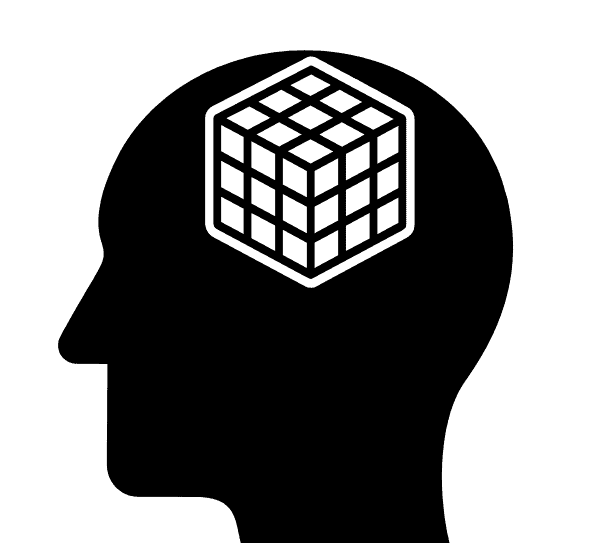

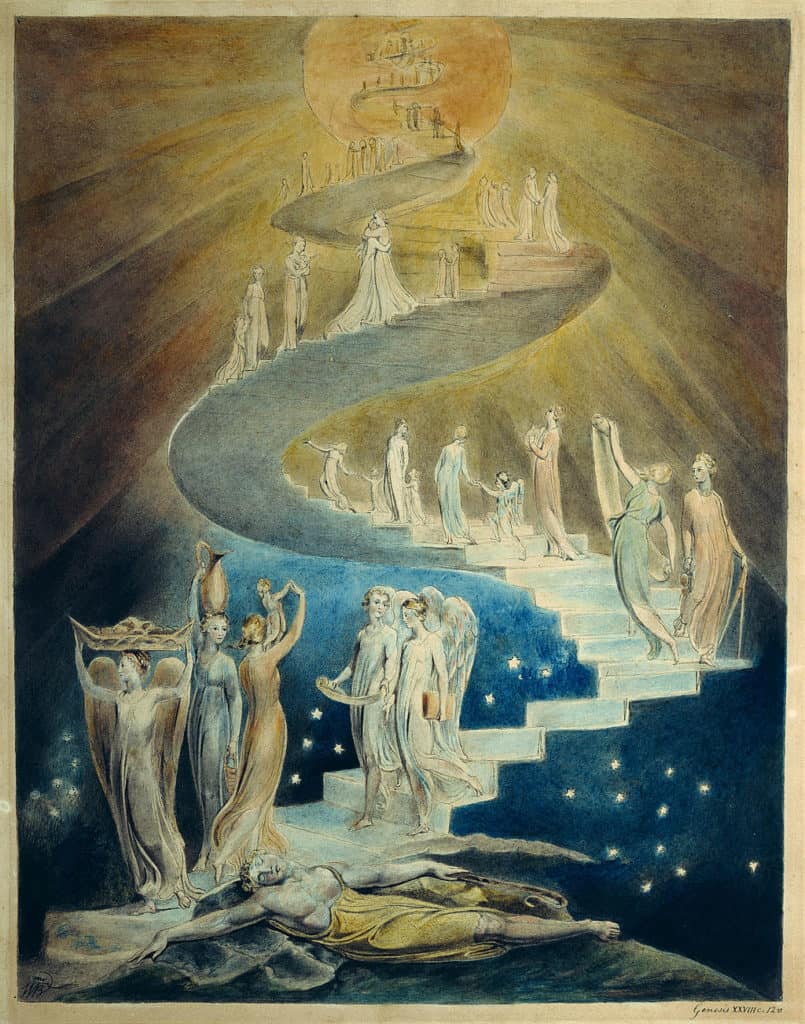
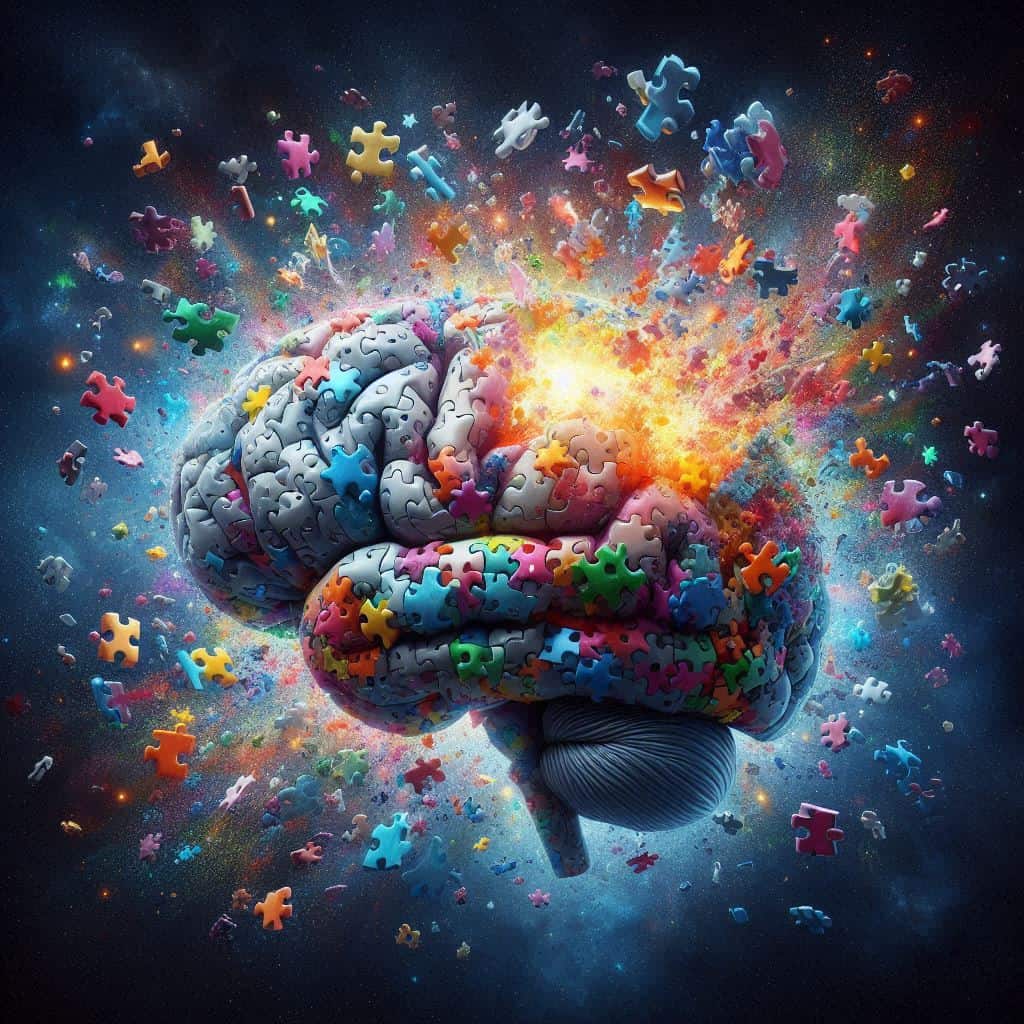

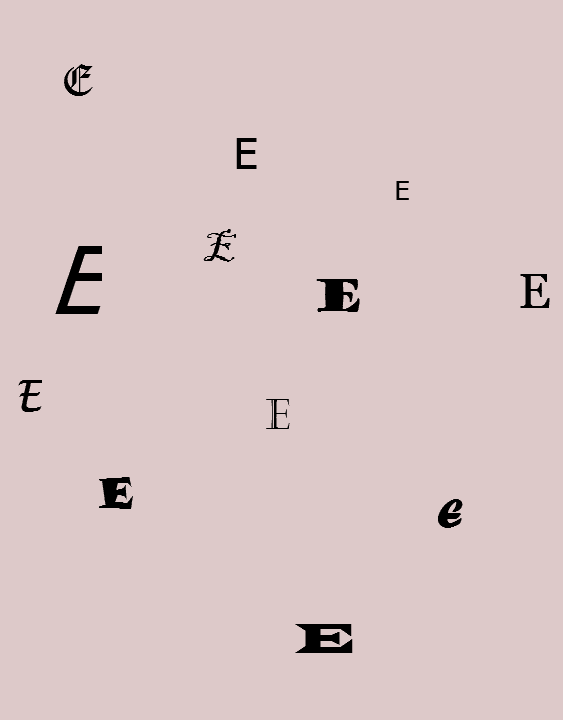


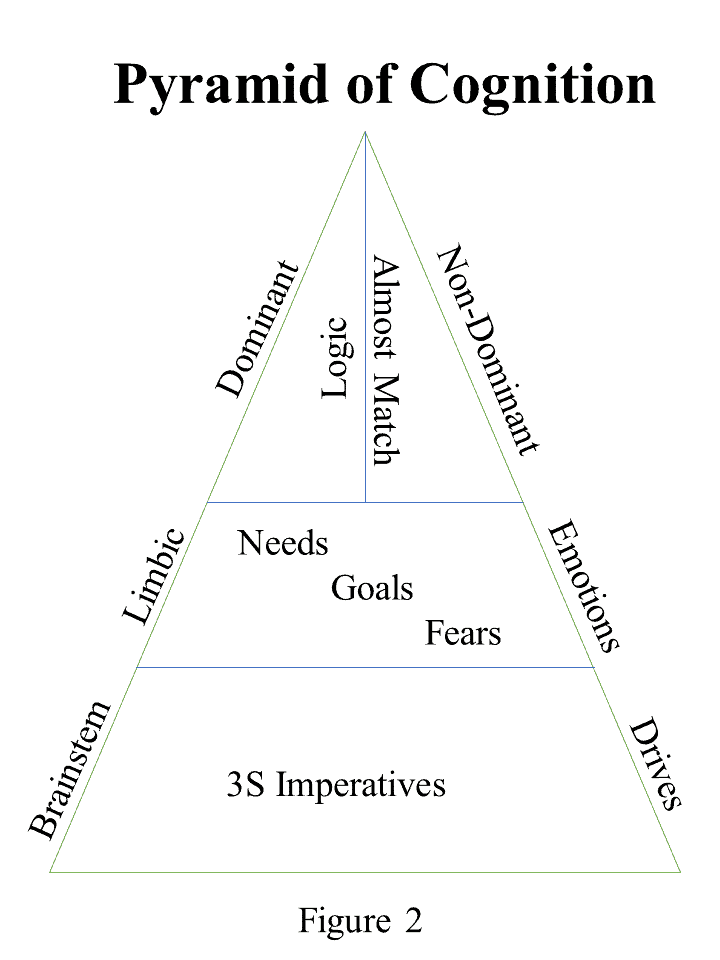
1 thought on “Fundamental Attribution Error and Impact”